Kidney Stones Removal Without Surgery in Haryana
Kidney stones can be a real pain. These small, hard deposits that form in your kidneys can cause excruciating pain and discomfort. While surgery used to be the go-to option for removing kidney stones, but medical science now offer non-invasive alternatives that assist in removing kidney sone without surgery in Haryana. In this article, leading neprhologist in Haryana explains about kidneystone removal without surgery
Kidney Stones Removal Methods Without Surgery in Haryana
Some of the methods are given below:
Shock Wave Lithotripsy in Haryana
Most common for kidney stone removal where no surgery is needed is Shock Wave Lithotripsy. In this procedure, high-energy shock waves are directed at the kidney stones, breaking them into smaller pieces that are passed out of the body through urine.
Ureteroscopy in Rewari
In Ureteroscopy, a thin tube with a tiny camera on the end is inserted through the urethra and bladder to reach the kidney. Once the stone is located, it can be removed or broken into smaller pieces using tools.
Kidney stone removal Medicine in Haryana
Medicines are prescribed to help dissolve certain types of kidney stones. These work by reacting with chemical composition of the stones, making them more prone to breaking down naturally.
Extracorporeal Shock Wave Lithotripsy
Extracorporeal Shock Wave Lithotripsy uses shock waves to break down kidney stones. The key difference from Shock Wave Lithotripsy is that it is performed from outside the body, with the shock waves directed at the stones through the skin. No incisions, no surgical instruments inside.
Diet and Lifestyle Changes
Prevention is the best cure. Making certain changes in your diet and lifestyle reduce the likelihood of kidney stone formation. Staying hydrated, cutting back on salt and animal proteins, and consuming more citrate-rich foods are simple powerful measures.
How are kidney stones formed?
Kidney stones form through supersaturation of urine, where concentrations of minerals like calcium, oxalate, and phosphate exceed the fluid's capacity to dissolve them. This leads to the crystallization of these substances, giving rise to microscopic crystals. Nucleation occurs as these crystals find starting points or nuclei, facilitating their growth. As crystals aggregate, they form small particles or solid stones. The growth of these stones can vary in size, ranging from tiny grains to larger, potentially obstructive structures.
Factors such as dehydration, dietary choices, and medical conditions cause kidney stones.
Can kidney stone be treated without surgery?
Here's a list of conditions in which it can be treated without surgery:
-
Smaller kidney stones, usually less than 5mm, are treatable without surgery. Shock Wave Lithotripsy (SWL) or medicines are used in breaking down such stones.
-
Certain types of kidney stones, such as those composed of calcium oxalate or uric acid, respond well to non-surgical treatments. Medicines help dissolve specific types of stones over time.
-
Some Individuals prefer the flexibility and independence offered by peritoneal dialysis performed at home, while some find the structure of in-center hemodialysis more suitable.
-
Stones located in the kidneys or upper urinary tract are more accessible to non-surgical methods. Shock Wave Lithotripsy (SWL) and Ureteroscopy target stones in these areas.
-
For patients who are generally healthy and prefer less invasive approaches, non-surgical methods are the first choice treatment.
When does Kidney Stone surgery is needed?
There are conditions when kidney stone surgery is a must to do option, listed below:
-
Larger stones, especially those exceeding 1cm, require surgery as they may be challenging to pass
-
Certain types of kidney stones, such as those composed of calcium oxalate or uric acid, respond well to non-surgical treatments. Medicines help dissolve specific types of stones over time.
-
Harder or less responsive stones, like cystine stones or large calcium-based stones, necessitate surgical removal due to their resistance to other treatment methods.
-
Conditions, such as kidney infections, structural abnormalities, or persistent blockages, need surgery for quick stone removal.
-
Stones lodged in the lower ureter or causing a blockage that hinders urine flow require surgery, such as Ureteroscopy or Percutaneous Nephrolithotomy (PNL), for direct removal.
Concluding the words of top kidney specialist in Haryana on Kidney stone removal without surgery
Kidney stones, no longer need immediate surgery. These can be treated with methods like Lithotripsy, Ureteroscopy, medicines and lifestyle changes. However, surgery is essential for larger stones, resistant types, or when blockages persist. Ultimately, the choice between surgery and non-surgical methods depends on the stone's characteristics and the patient's health preferences.

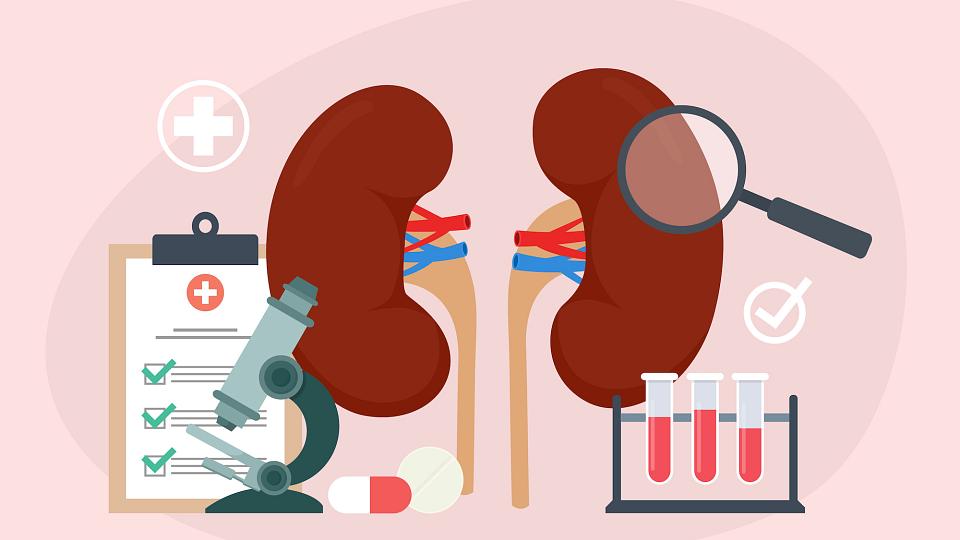


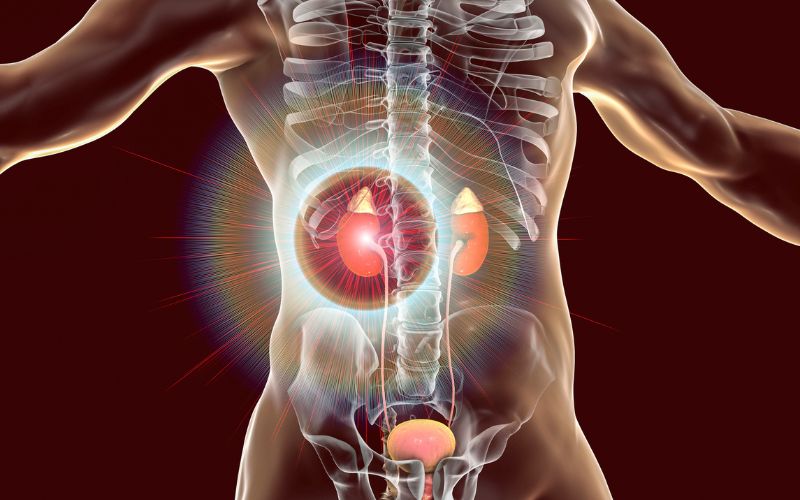
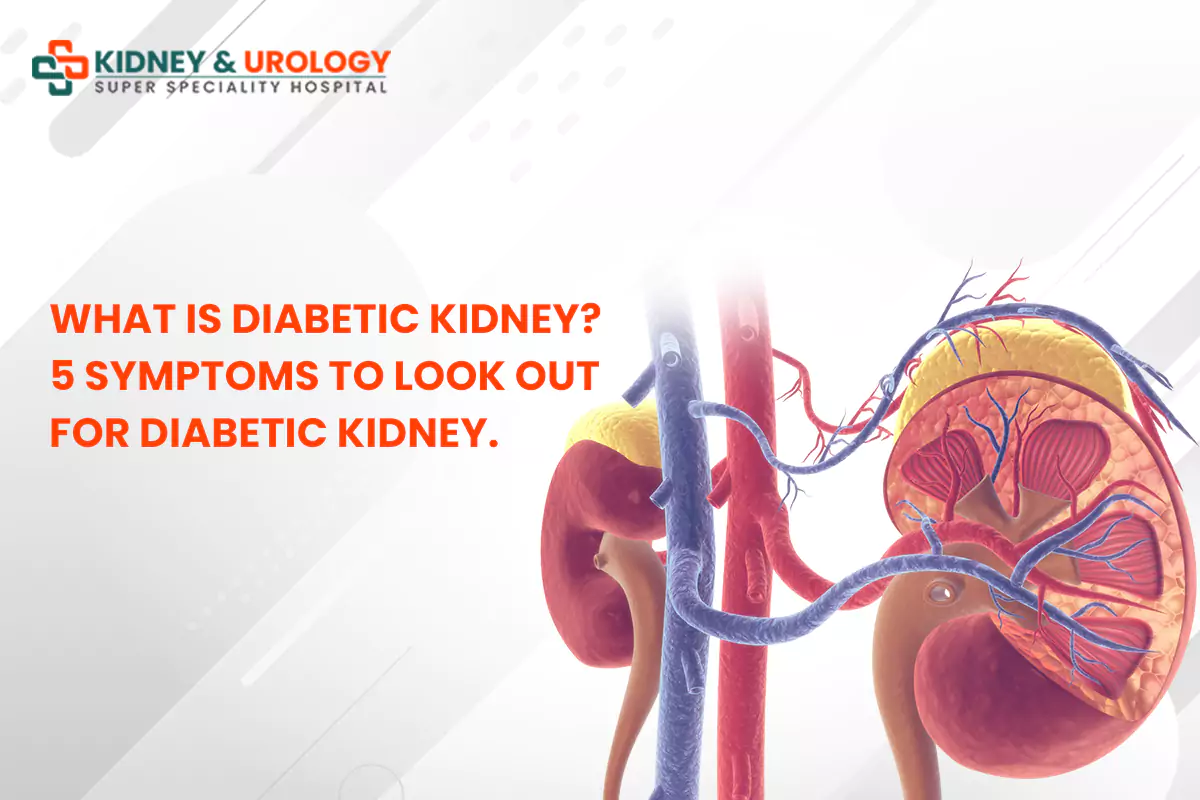

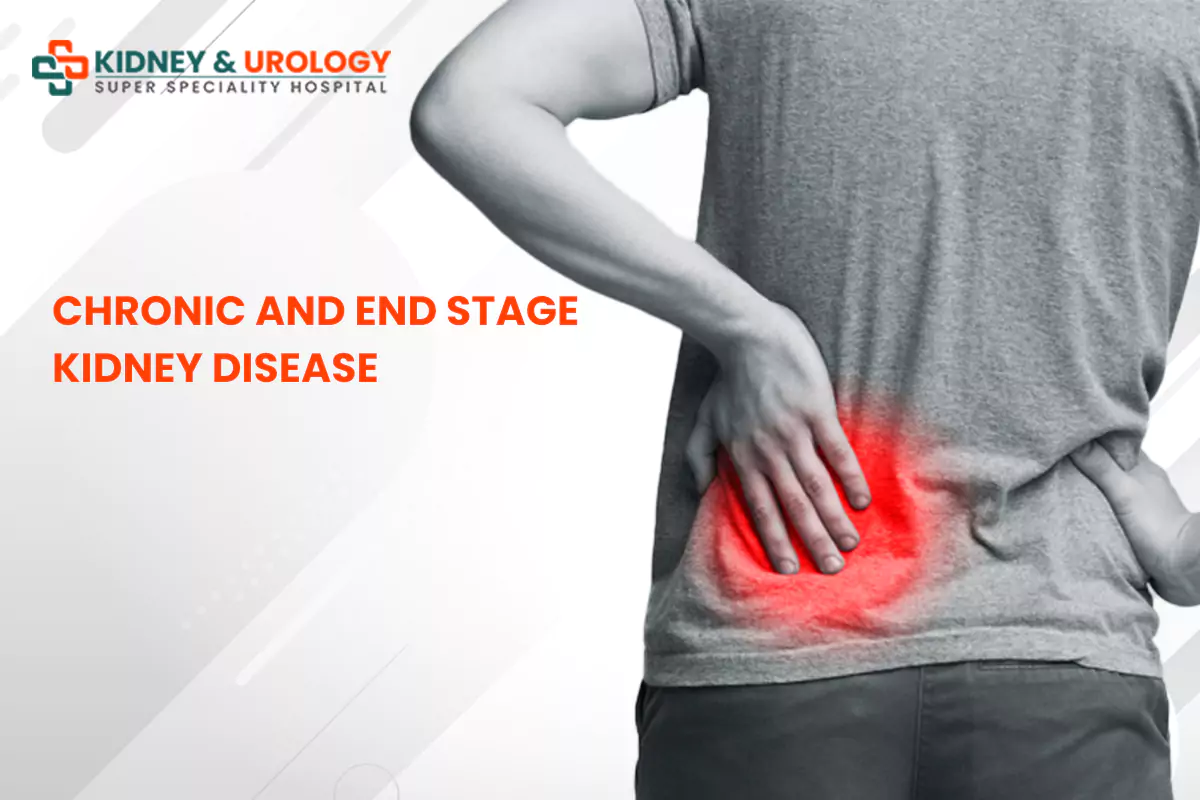

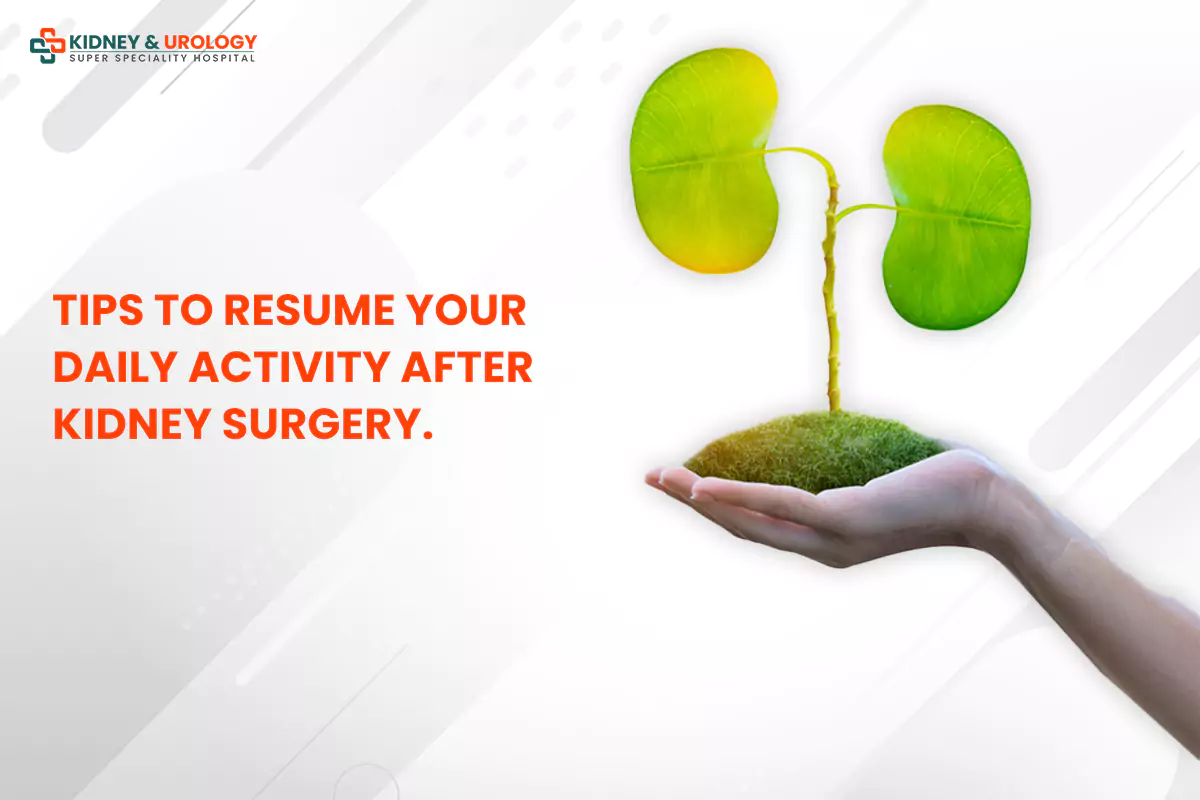




Request A Callback